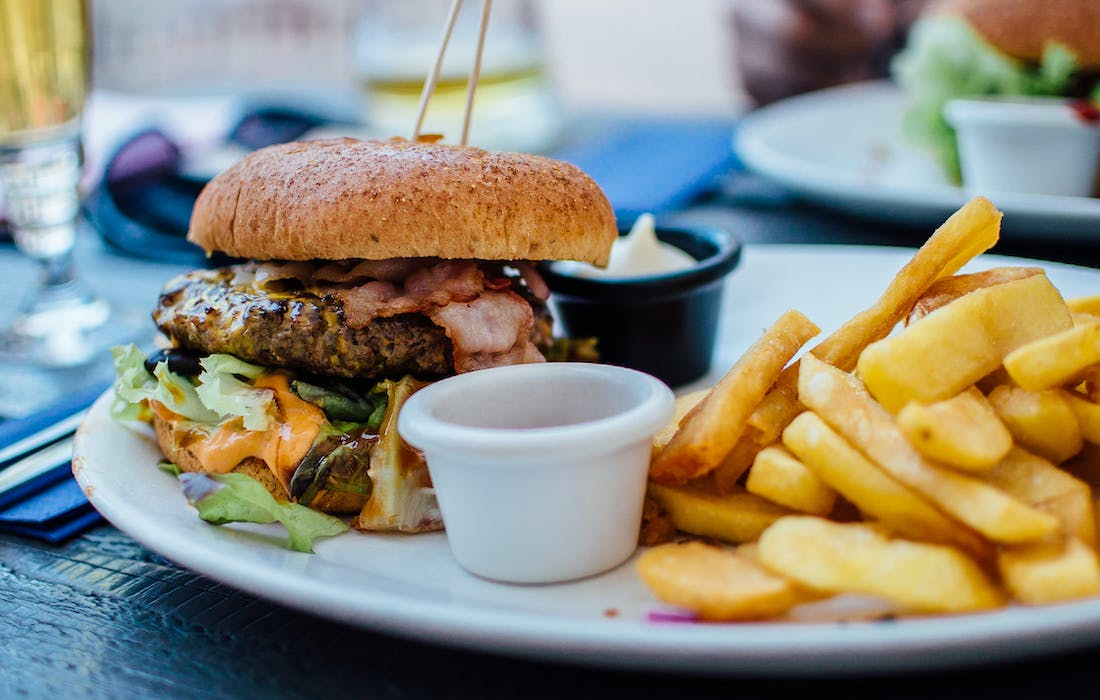Regenerative Medicine News and General Information
Ultra-Processed Foods and Cancer Risk
Eating more ultra-processed foods (UPFs) may be associated with a higher risk of developing cancers of upper aerodigestive tract (including the mouth, throat and esophagus), according to a new study led by researchers from the University of Bristol and the International Agency for Research on Cancer (IARC).
The authors of this international study, which analysed diet and lifestyle data on 450,111 adults who were followed for approximately 14 years, obesity associated with the consumption of UPFs may not be the only factor to blame. The study is published this November 22 in the European Journal of Nutrition.
Several studies have identified an association between UPF consumption and cancer, including a recent study which looked at the association between UPFs and 34 different cancers in the largest cohort study in Europe, the European Prospective Investigation into Cancer and Nutrition (EPIC) cohort.
As more evidence emerges about the associations between eating UPFs and adverse health outcomes, researchers from the Bristol Medical School and IARC wanted to explore this further.
Since many UPFs have an unhealthy nutritional profile, the team sought to establish whether the association between UPF consumption and head and neck cancer and esophageal adenocarcinoma (a cancer of the esophagus) in EPIC could be explained by an increase in body fat.
Results from the team’s analyses showed that eating 10% more UPFs is associated with a 23% higher risk of head and neck cancer and a 24% higher risk of esophageal adenocarcinoma in EPIC.
Increased body fat only explained a small proportion of the statistical association between UPF consumption and the risk of these upper-aerodigestive tract cancers.
Fernanda Morales-Berstein, a PhD student at the University of Bristol and the study’s lead author, explained: “UPFs have been associated with excess weight and increased body fat in several observational studies. This makes sense, as they are generally tasty, convenient and cheap, favouring the consumption of large portions and an excessive number of calories. However, it was interesting that in our study the link between eating UPFs and upper-aerodigestive tract cancer didn’t seem to be greatly explained by body mass index and waist-to-hip ratio.”
The authors suggest that other mechanisms could explain the association.
For example, additives including emulsifiers and artificial sweeteners which have been previously associated with disease risk, and contaminants from food packaging and the manufacturing process, may partly explain the link between UPF consumption and upper-aerodigestive tract cancer in this study.
However, Fernanda Morales-Berstein and colleagues did add caution regarding their findings and suggest that the associations between UPF consumption and upper-aerodigestive tract cancers found in the study could be affected by certain types of bias.
This would explain why they found evidence of an association between higher UPF consumption and increased risk of accidental deaths, which is highly unlikely to be causal.
Further research is needed to identify other mechanisms, such as food additives and contaminants, which may explain the links observed.
Sources:
Fernanda Morales-Berstein, Carine Biessy, Vivian Viallon, Ana Goncalves-Soares, Corinne Casagrande, Bertrand Hémon, Nathalie Kliemann, Manon Cairat, Jessica Blanco Lopez, Aline Al Nahas, Kiara Chang, Eszter Vamos, Fernanda Rauber, Renata Bertazzi Levy, Diana Barbosa Cunha, Paula Jakszyn, Pietro Ferrari, Paolo Vineis, Giovanna Masala, Alberto Catalano, Emily Sonestedt, Yan Borné, Verena Katzke, Rashmita Bajracharya, Claudia Agnoli, Marcela Guevara, Alicia Heath, Loredana Radoï, Francesca Mancini, Elisabete Weiderpass, José María Huerta, María-José Sánchez, Anne Tjønneland, Cecilie Kyrø, Matthias B. Schulze, Guri Skeie, Marko Lukic, Tonje Braaten, Marc Gunter, Christopher Millett, Antonio Agudo, Paul Brennan, M. Carolina Borges, Rebecca C. Richmond, Tom G. Richardson, George Davey Smith, Caroline L. Relton, Inge Huybrechts. Ultra-processed foods, adiposity and risk of head and neck cancer and oesophageal adenocarcinoma in the European Prospective Investigation into Cancer and Nutrition study: a mediation analysis. European Journal of Nutrition, 2023; DOI: 10.1007/s00394-023-03270-1
University of Bristol. (2023, November 21). Ultra-processed foods and higher risk of mouth, throat and esophagus cancers. ScienceDaily. Retrieved November 27, 2023 from www.sciencedaily.com/releases/2023/11/231121220959.htm
Photo by Robin Stickel from Pexels: https://www.pexels.com/photo/fries-and-burger-on-plate-70497/

